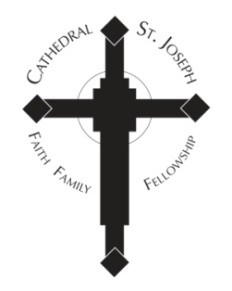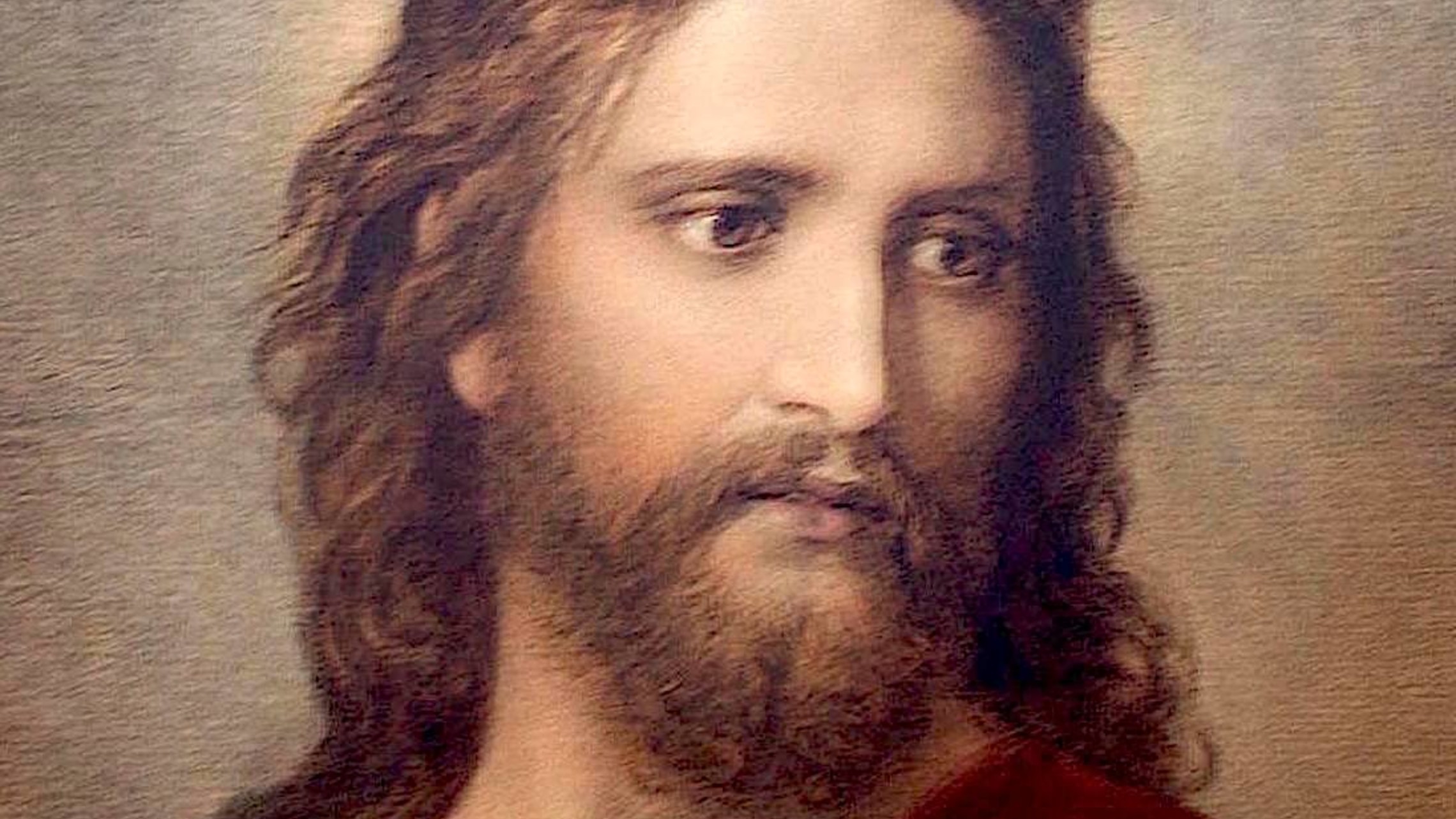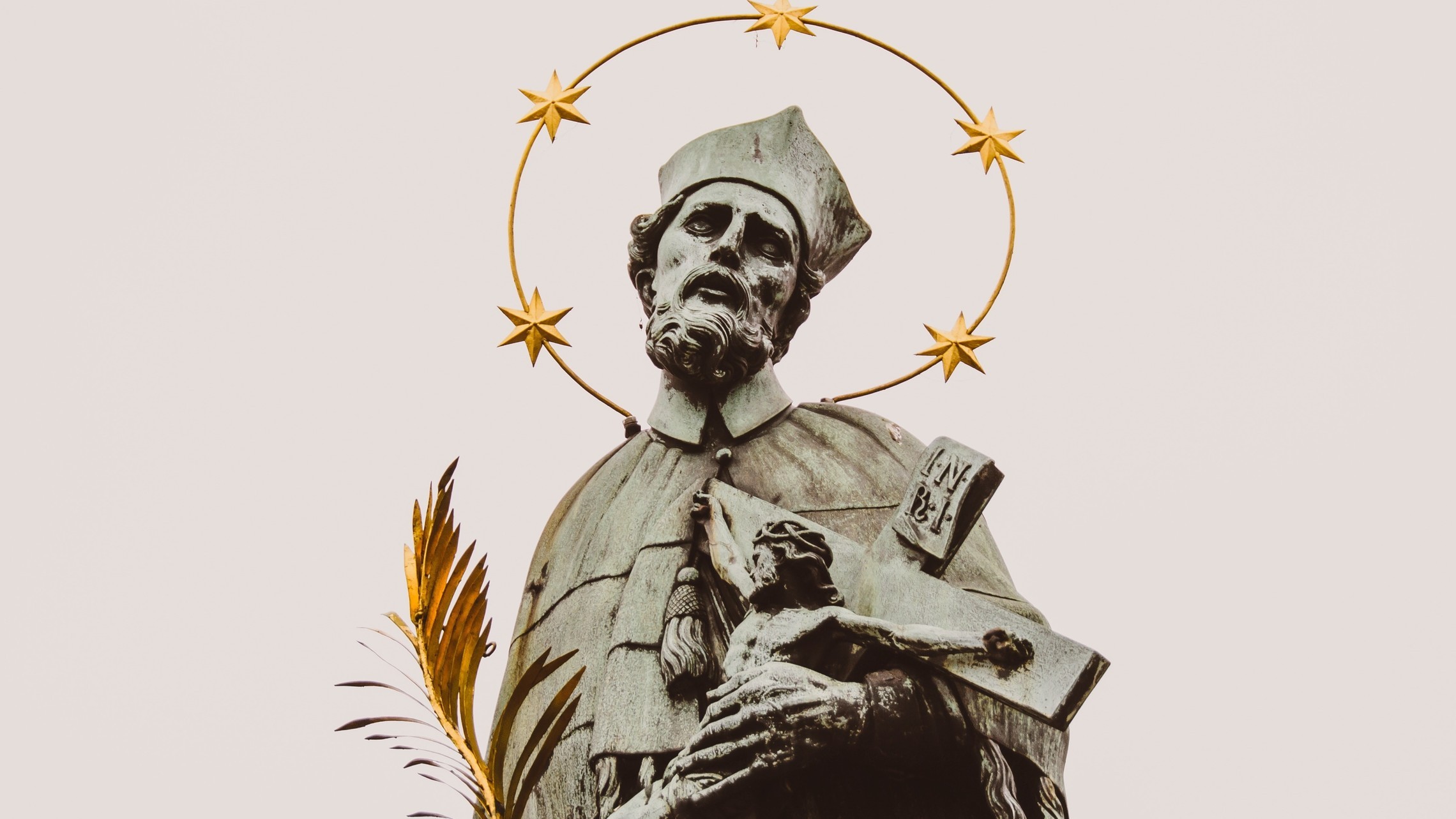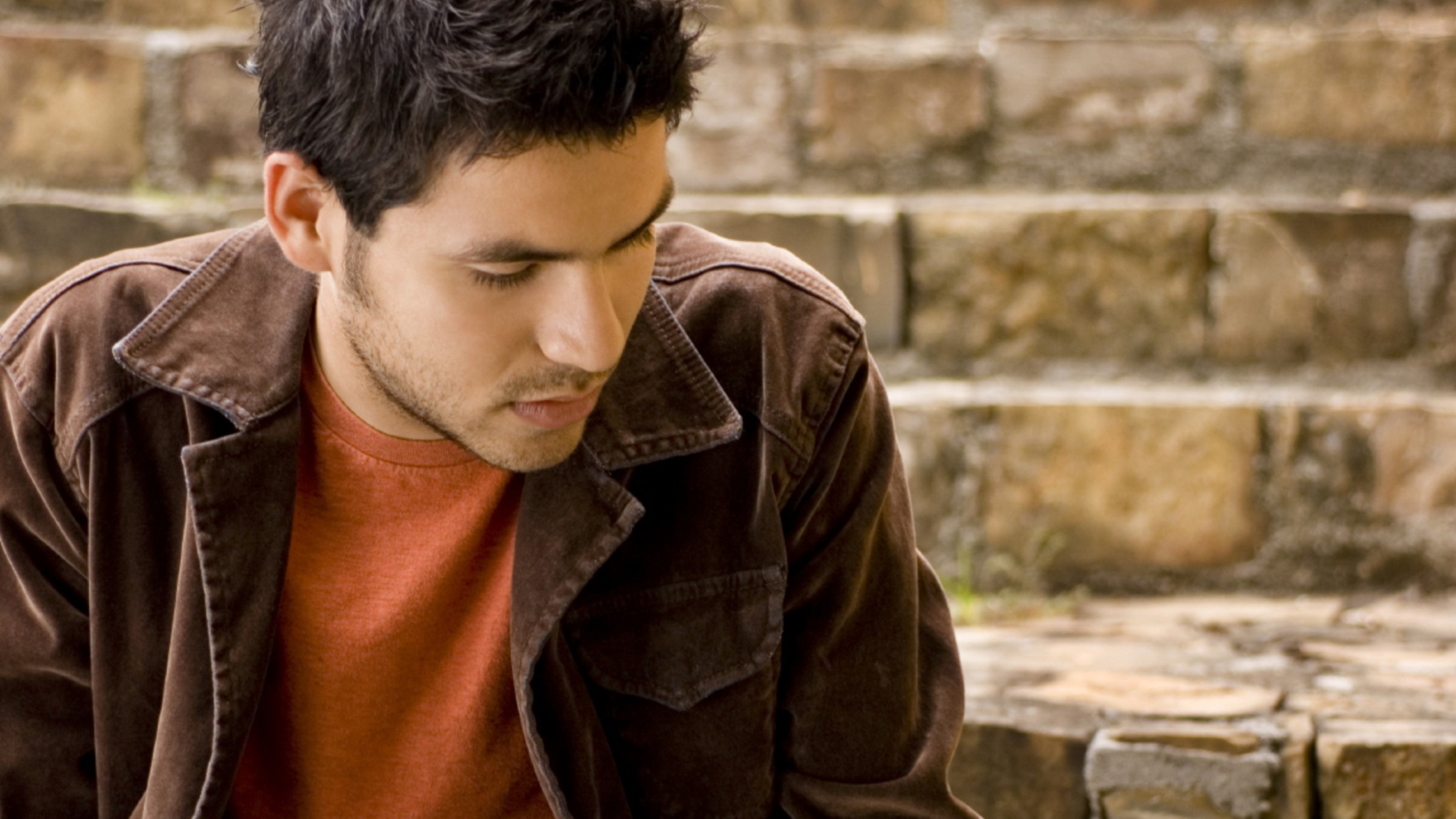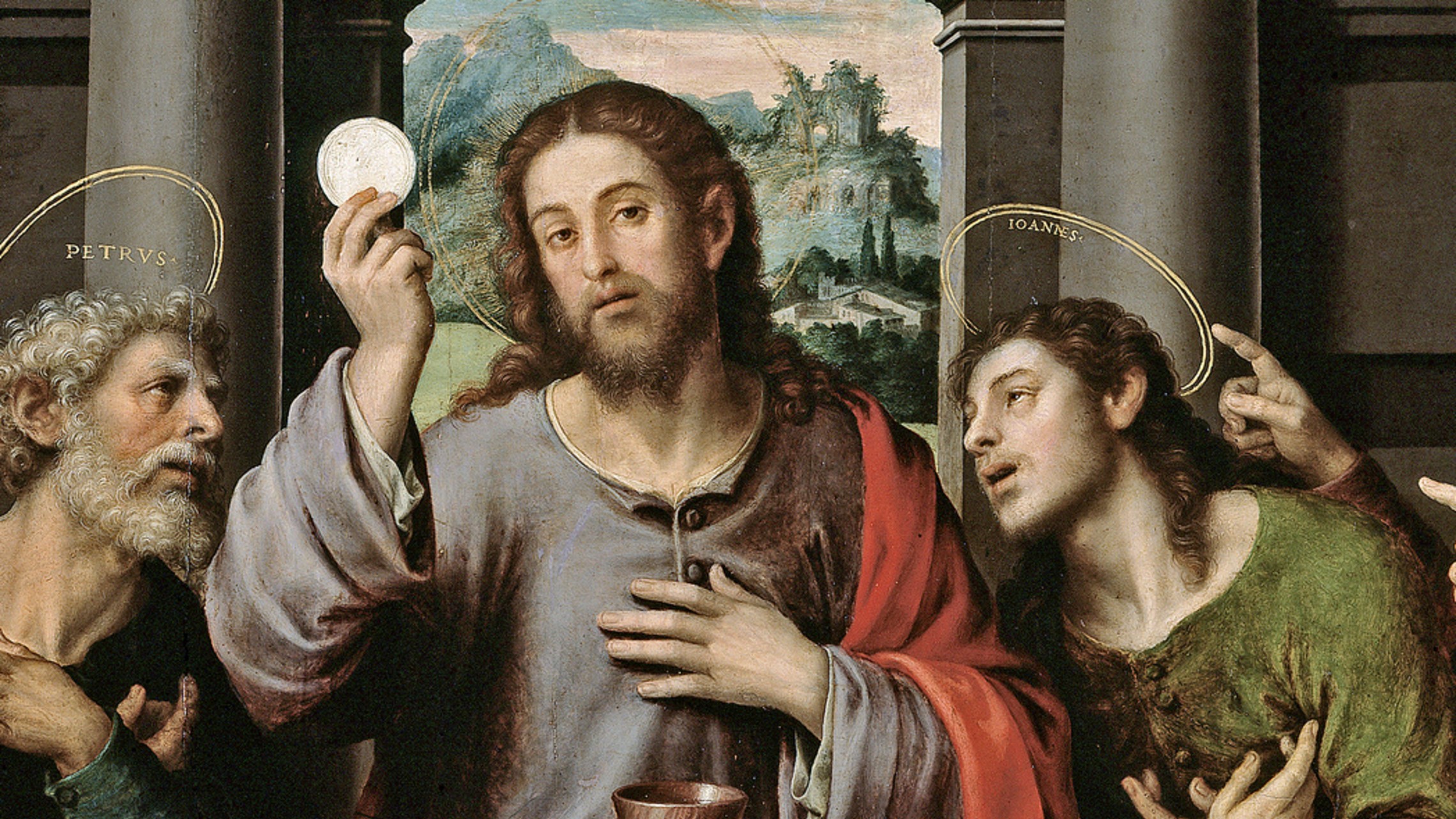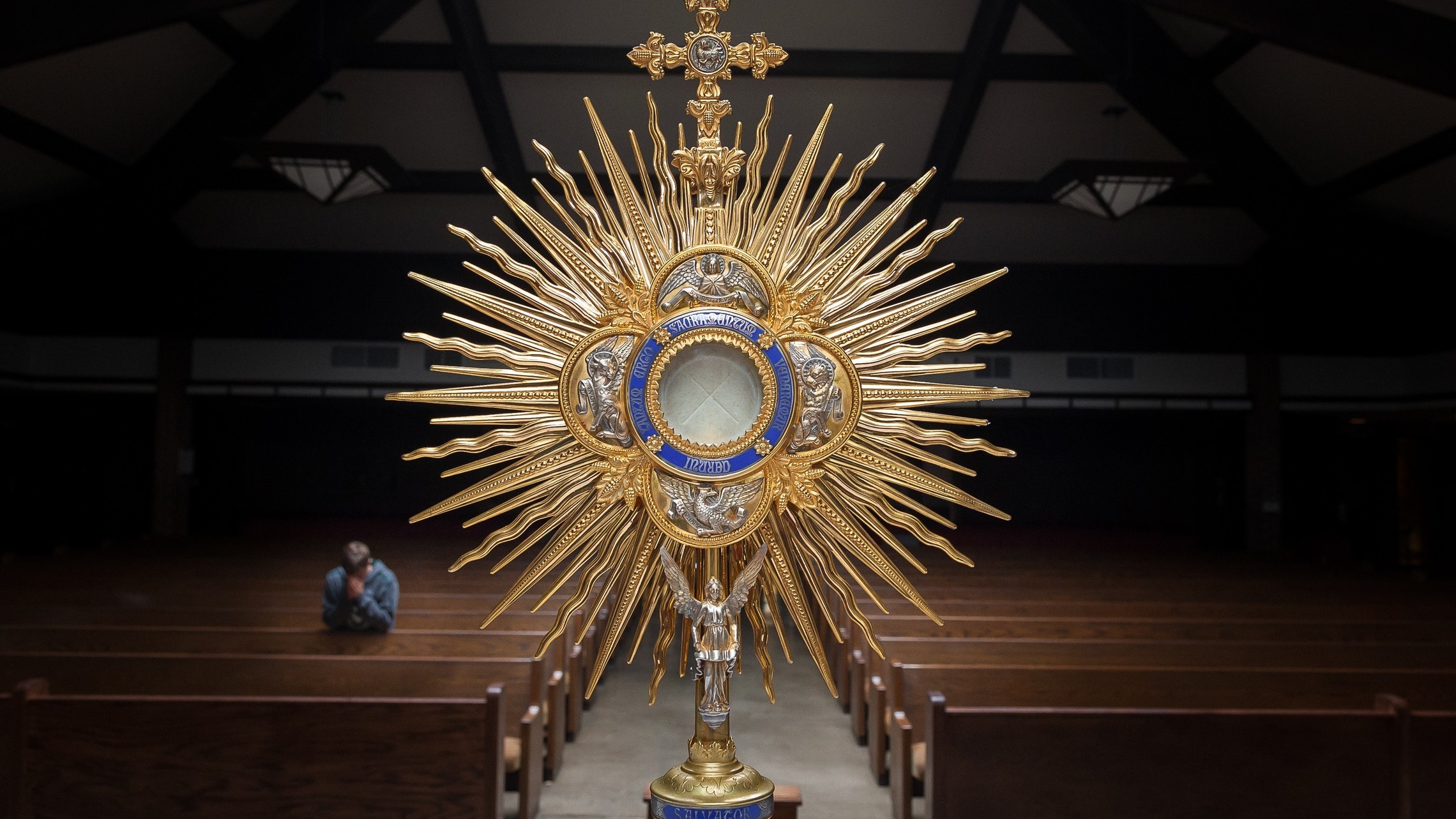Ever since the resurrection of Jesus from the dead, the Catholic Church has preached the Gospel and welcomed people from every corner of the world to join her as disciples of Jesus Christ.
This is the very identity of the Catholic Church, to spread the Good News to all nations. Just before Jesus ascended into heaven, he told his apostles:
All authority in heaven and on earth has been given to me. Go therefore and make disciples of all nations, baptizing them in the name of the Father and of the Son and of the Holy Spirit, teaching them to observe all that I have commanded you; and lo, I am with you always, to the close of the age.
Matthew 28:18-20
Today, the Catholic Church continues this mission and invites everyone to “come and see.” (John 1:46) The ordinary way that most people become Catholic is through a process that is a modern adaptation of the ancient method of the first centuries of the Church. This process is called the Rite of Christian Initiation of Adults, abbreviated as "R.C.I.A."
Becoming a Christian in the first centuries involved a sharp break with the surrounding Roman culture. New Catholics entered into a way of living which demanded deep commitment and often risked their lives to become Christian. In the modern world, our faith also demands deep commitment because our beliefs and the values of our society often conflict.
RCIA involves several stages which together help someone move from an initial motivation to deeper relationship with Jesus and his Church. The high point of this process is the reception of the Sacraments of Initiation (Baptism, Confirmation, and Holy Eucharist) which are ordinarily received by adults at the Easter Vigil Mass.
The Catholic Church honors baptism as a sacrament that may be validly received even in Christian communities and traditions that are not Catholic. Therefore, we never re-baptize those who have already received a valid baptism. Those who have already been baptized are prepared to be received into full communion with the Catholic Church and receive the sacraments of Confirmation and Holy Communion at the time of their reception.
Inquiry
The Church understands that people approach the Catholic Church for a variety of reasons. That is why the RCIA process begins with what is typically called Inquiry, a time to learn basic teachings of Catholicism, find answers to questions, and begin to experience the community life of their parish church. For the unbaptized who are ready to make a formal commitment to learning the faith and preparing for the sacraments, the Rite of Acceptance is celebrated (a similar ceremony called the Rite of Welcoming is for the baptized).
Catechumenate
The next period is called the Catechumenate and is a time of learning and more intense preparation for Catholic life. Corresponding with the season of Lent, the unbaptized enter into a period called Purification and Enlightenment by participating in the Rite of Election with their bishop (a similar ceremony, the Call to Continuing Conversion is for the baptized).
Initiation
This culminates in the Easter reception of the Sacraments of Initiation. Those who were previously baptized sometimes are received into the Church at this time and may also be admitted into the Church at another time of the year according to their readiness.
Ongoing Formation
Following initiation, new Catholics go through the period of Mystagogy which normally coincides with Lent. This is a time to deepen understanding and participation in the sacraments.
The message delivered by the angels to the shepherds who kept their flocks near Bethlehem echoes to this day:
Be not afraid; for behold, I bring you good news of a great joy which will come to all the people; for to you is born this day in the city of David a Savior, who is Christ the Lord.
Luke 2:10-11
We invite you to respond to this good news and consider becoming Catholic!

